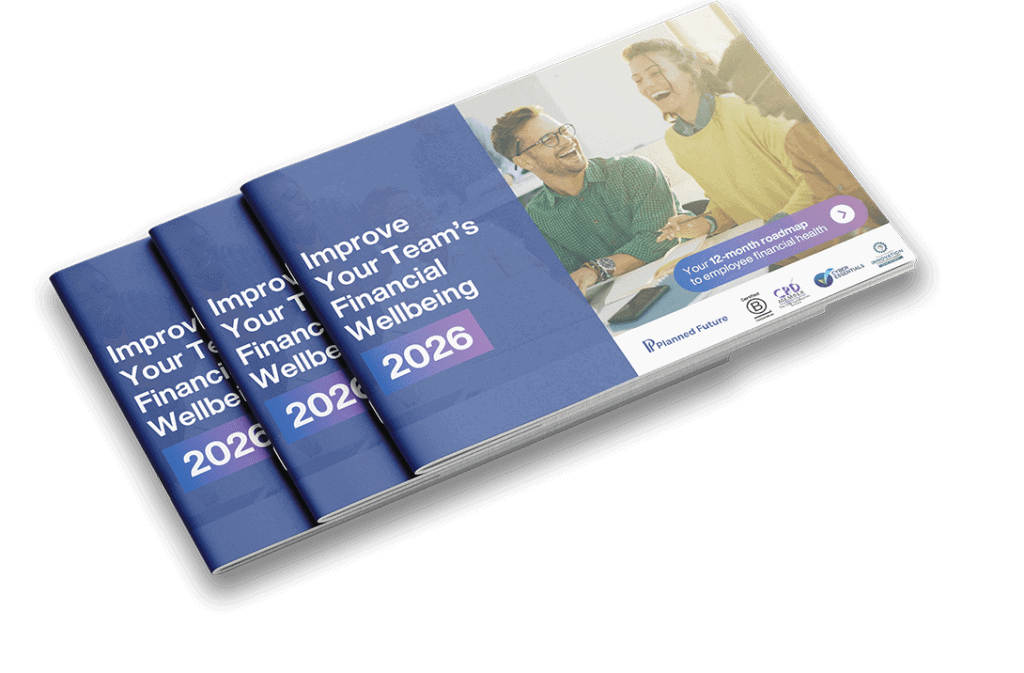Financial Wellbeing in the Workplace 2025 Overview

As we reach the halfway point in the decade, financial wellbeing has moved from a “nice-to-have” perk to a core priority in progressive workplaces.
With the release of the latest insights into UK employees’ financial health, it’s clear that there’s still a long way to go—but also a major opportunity for employers ready to take action.
Money worries are showing up at the workplace
Employees aren’t just dealing with money stress quietly at home. From lower productivity and increased absenteeism to stress-related health symptoms, financial concerns are filtering into the workplace.
It’s not limited to one group—millennials, Gen Z, mid-career professionals and those approaching retirement are all feeling the strain in different ways.
Confidence and planning gaps remain
While many employees are trying to build financial resilience, few have access to the knowledge, guidance or tools to do so effectively. From budgeting and saving, to understanding pensions and benefits, there’s a clear gap between what employees need and what’s currently being provided.

Demand for support is high
The report suggests employees are not only open to financial education—they’re actively looking for it.
Whether it’s webinars, in-person sessions, or 1:1 guidance, people want practical, trusted help to make smarter decisions and feel more secure.
Why this matters now
Forward-thinking employers know that supporting financial wellbeing boosts more than just morale.
It improves focus, lowers stress, and increases retention. With economic uncertainty still looming, now is the time to empower your team with the confidence and clarity they need.
Want to know how your organisation compares?
Download the full Financial Wellbeing in the Workplace 2025 overview to discover:
The biggest financial challenges UK employees are facing today
What support employees value most
How to deliver high-impact financial education across your workforce

